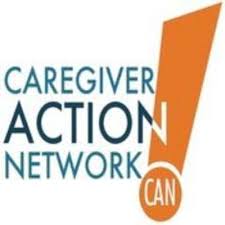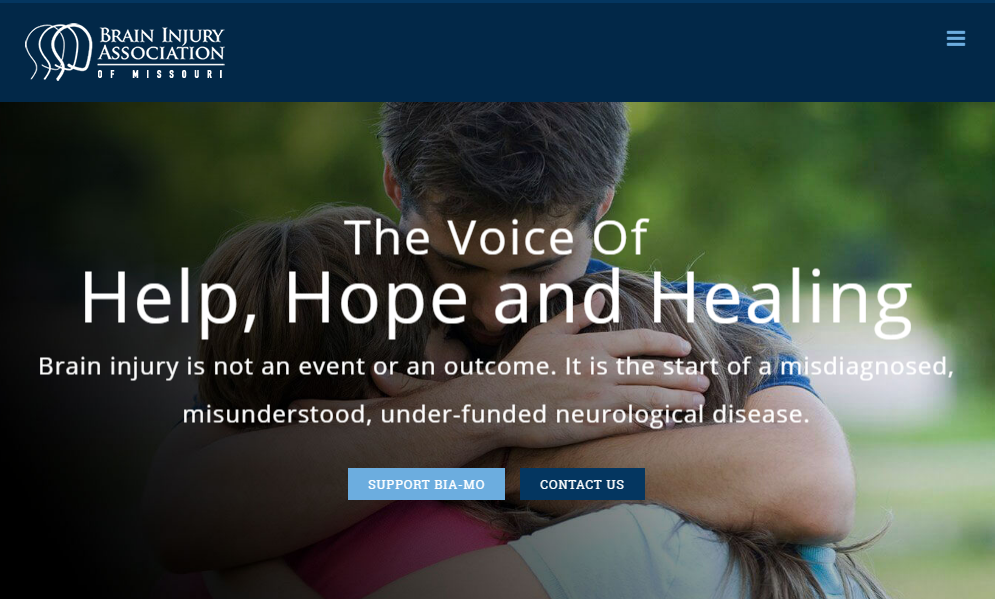What if I Have a Hemorrhoid?
By Geri Lynn Baumlatt, Executive Director Patient Engagement, Emmi
No one wants to be told it’s time to get a colonoscopy. “Do I really need it?” they ask. The Prep can be unpleasant, and the procedure embarrassing.
It’s no surprise people often cancel or skip scheduled appointments. It’s essential to make sure people know why they should get screened, but we also must walk people through the prep and address their concerns.
That’s why we created a multimedia program (see below) that helps people prepare for a colonoscopy. A common question not usually covered is, “If I have a hemorrhoid, will that cause pain during the colonoscopy?” Many people won’t ask that question—they simply don’t show up for their procedure. The good news is it shouldn’t hurt. Just bringing up this question beforehand and reassuring them can make a big difference.
Proactively answering questions and setting expectations has positive effects. When concerns about the experience are addressed, people are comfortable asking other questions. As one woman who viewed a program about an upcoming procedure said,
“This makes me feel like the few questions I have left won’t seem as out of place or stupid to nurses and doctors since some of them were already addressed in the program.”
But what about the dreaded prep? Setting expectations helps. For most people, the prep is the worst part—so once you get through it, the worst is behind you. (Yes, the puns write themselves and humor can help as well.) It’s best to go beyond telling people to drink all the prep and to include tips to make it easier, like chilling it and drinking it through a straw.
It’s also helpful to let people know how they can tell when their colon is really clean. It’s reassuring to know you’re not going through the prep for nothing and that your doctor will be able to see your colon and reduce the need for a repeat colonoscopy. Researchers at the Cleveland Clinic used this multimedia program and found that patients were more likely to have satisfactory bowel prep and were less likely to need another colonoscopy.
Does this help patients and hospitals? Yes. When people get friendly, patient-centered information that speaks to their questions, needs and concerns, they’re more likely to show up for their procedure. It also reduces their anxiety. One study showed that people who viewed the program were also:
- more knowledgeable about colonoscopy,
- needed less sedation medication (18%),
- and their procedure times were 14% shorter
Shorter procedures and less sedation also mean safer procedures.
Thoroughly explaining the procedure and talking candidly with patients can go a long way in making sure they show up for their colonoscopy and improving their experience.
Allsup
Related Articles

Uncategorized
Helping Family Caregivers With What They Need to Know

Uncategorized
Understanding MS and Disability Benefits

Uncategorized
BIA-MO Gets Real about Brain Injury Awareness

